Substance Use Prevention and Harm Reduction
The national opioid epidemic began with widespread addiction to, and misuse of prescription painkillers. More recently, illegal drugs such as heroin and illicitly manufactured fentanyl are responsible for a majority of fatal overdoses. As well, a growing number of states are legalizing marijuana, still considered an illicit drug at the federal level, for medical and adult recreational use. Law and policy can help or hinder harm reduction and overdose prevention measures.
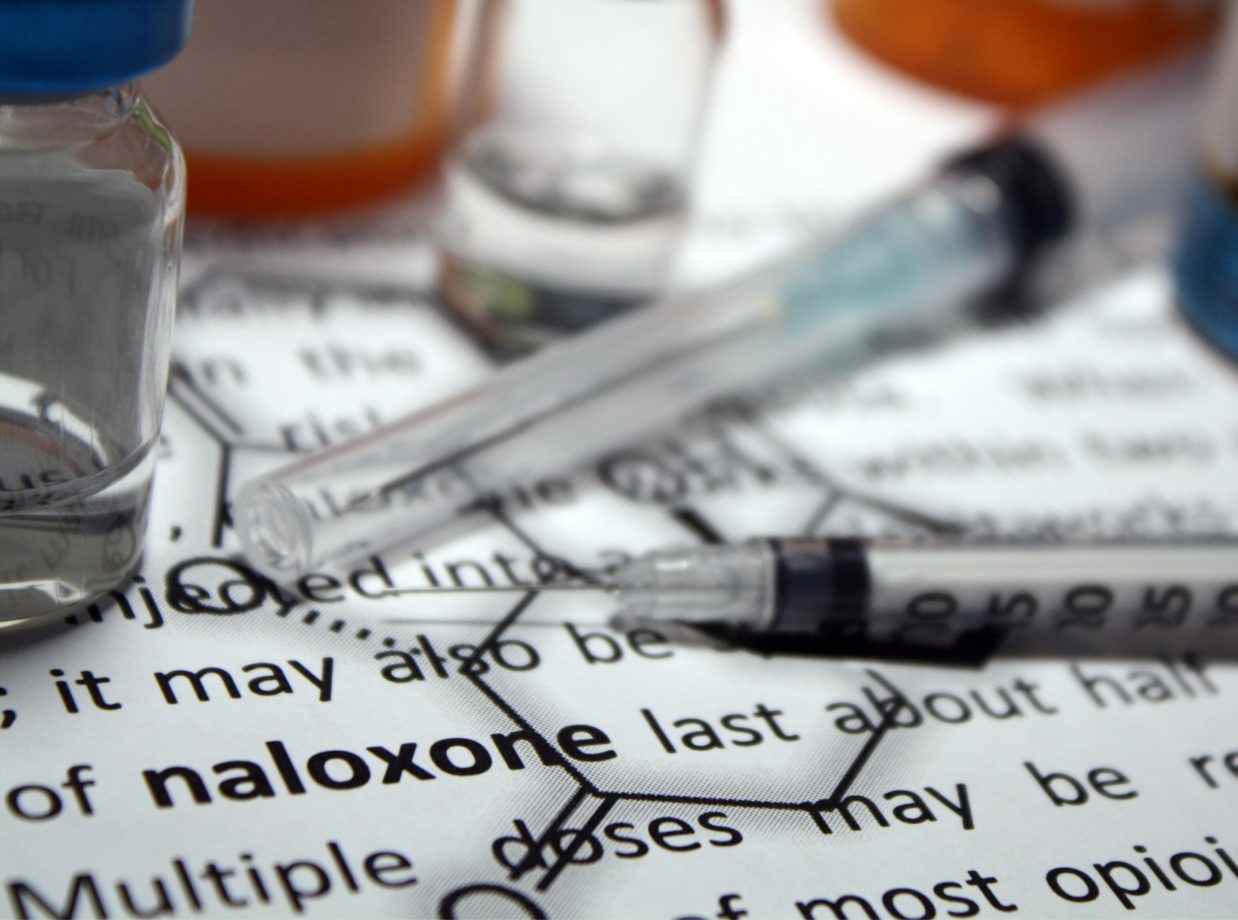
Explore a Sub-topic
Resources
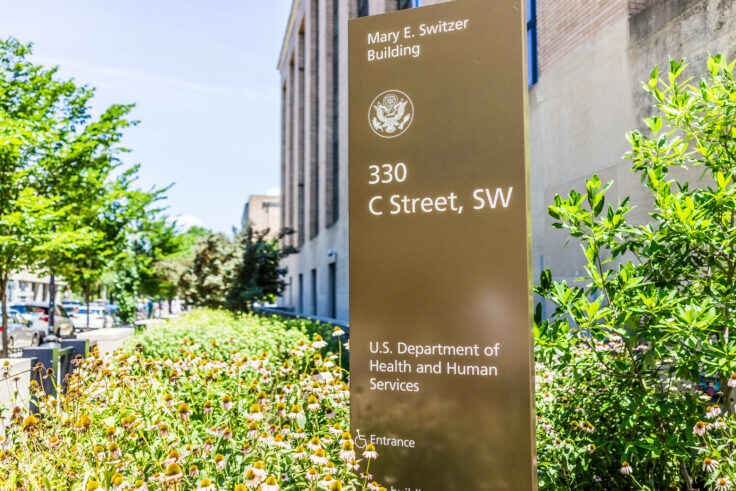
Federal Actions and Their Impact on Harm Reduction, Public Health Emergencies, and Climate Change: A Preview of the 2025 Public Health Law Conference
Read More

Grief, Loss, and the Gaps in Support Across Public Health
Read More

Understanding and Implementing Updates to 42 CFR Part 2, Confidentiality of Substance Use Disorder Patient Records
Read More

Naloxone Prescription Mandates
Read More

Legality of Drug Checking Equipment in the United States
Read More
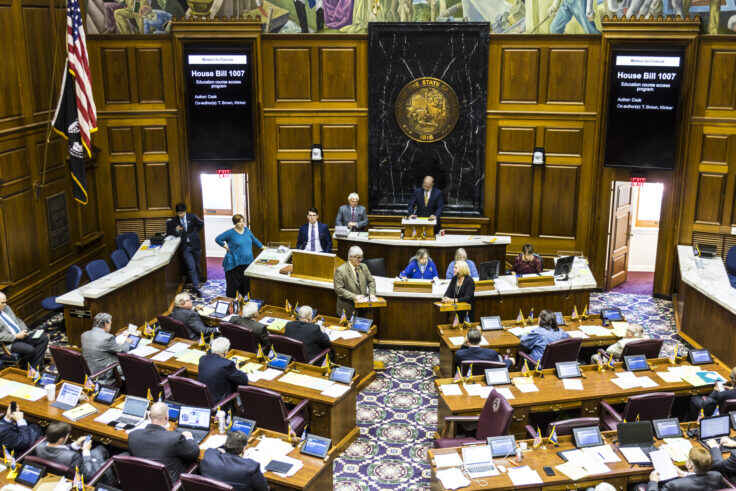
Supplantation in the Context of Opioid Settlement Funds
Read More

Policies in Schools to Reduce Overdose and Other Drug-related Harm
Read More

Healthcare Policies to Reduce Overdose and Other Drug-related Harm
Read More

Criminal and Legal Policies to Reduce Overdose and Other Drug-related Harm
Read More

Community-Based Policies to Reduce Overdose and Other Drug-related Harm
Read More

Characteristics of Statewide Naloxone Distribution Mechanisms
Read More

Cannabis Legalization: Critical Policy Issues Impacting the Health of Children
Read More
Spotlight
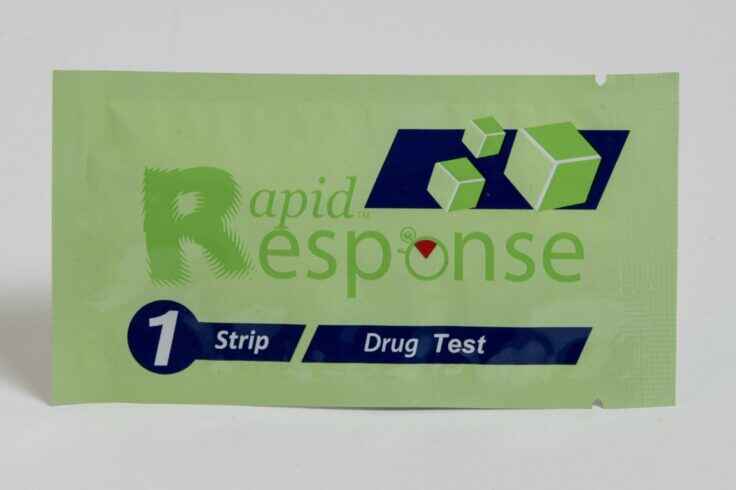
Drug Checking is Effective: More States Should Stop Criminalizing It
Read More
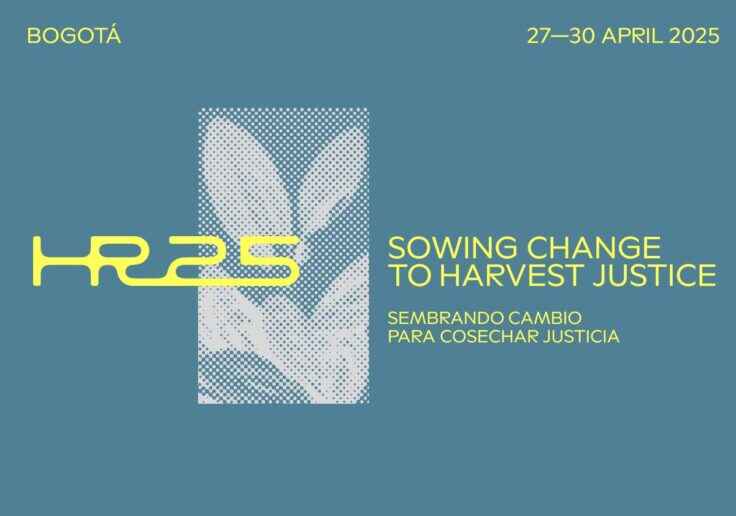
U.S. Funding Cuts and Their Impact Worldwide: Insights from the Harm Reduction International Conference
Read More

Proposed Legislation to Boycott Opioid Manufacturers Would Undermine the Public Health Response to Opioid Overdose
Read More
Explore Topics
Related Healthy Living Resources
How we can help
Legal Research and Assistance
Experienced legal experts are available to answer questions and provide research, analysis and guidance. Tell us what you’re working on. We’re ready to help.







